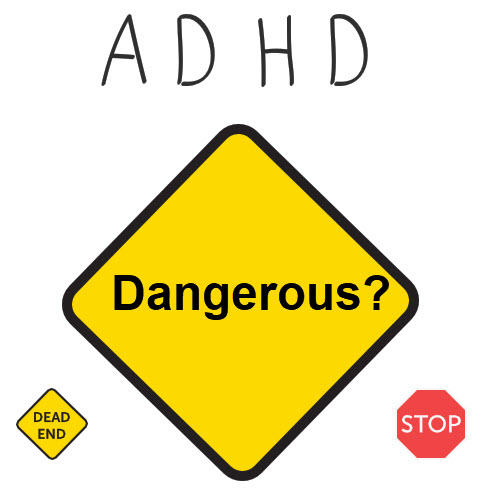 Why Medical Analogies Don’t Work That Well In Mental Health and Addictions
Why Medical Analogies Don’t Work That Well In Mental Health and Addictions
You have a problem: anxiety or lack of focus or chronic unhappiness or overuse of alcohol. You feel different, weak, embarrassed, ashamed. You are told “It’s just like any other problem or illness- no different from having asthma or high blood pressure.” Why are you reluctant to accept that advice? Why aren’t you convinced that a mental problem is just like any other problem?
Are mental (psychiatric) problems just organ (brain circuit) diseases like other chronic illnesses such as hypertension (cardiovascular/renal) or diabetes (pancreas/metabolic)? How about addictions (substance use disorders)- are they just medical conditions (dopamine circuits, etc.) like asthma?
You sort of hear the logic but don’t really agree- there is something missing in this picture. Keith Humphreys, PhD has some insights about addictions (that can be applied to psychiatric disorders as well) in “How to Deliver a More Persuasive Message Regarding Addiction as a Medical Disorder” (J Addict Med 2017;11:3:174-175). The bottom line is that certain illnesses have effects on others that go way beyond their effects on the person/patient himself or herself.
These “negative externalities” may involve physical and emotional harm to others, legal problems, financial or business problems, marital and family disruption, – obvious examples are driving drunk or threatening harm or just knowing that your child’s “teacher was prone to methamphetamine binges.” Dr. Humphreys suggests that better medical analogies would be to infectious diseases where there are clear risks to affecting (infecting) others. I think not only of HIV, tuberculosis, or Ebola, but also of the common cold or herpes. These are medical analogies where we have compassion for other persons who may suffer as well as compassion for the person with the disease, including a psychiatric or addiction problem. The general public, families, friends, strangers- they all need to know that we are well aware of what they are going through. They suffer, too.
I am also thinking that we can take a larger ecological view in understanding the interactions between any individual problem and the larger environment, especially our social interactions. This is a two way street, as well: “No man is an islande.” If I am suffering, it helps greatly if I can gradually step back and see that others have affected me and I them. This leads to compassion for others, but also compassion for myself. I personally use these approaches in solving problems, availing myself of a Google Earth perspective in addition to the daily microscopic work of self assessment. Long way to go.

 Alcohol, Sleep, Medication, and How Much Time Do You Really Have?
Alcohol, Sleep, Medication, and How Much Time Do You Really Have?
Hmmmmmm?????
Enjoyable travel back in time a couple years.
Thank you. Mental illnesses is so misunderstood. It isn’t covered by most insurance plans but can caus other bodily sickness.
Why not treat the problem at its core?
I don’t understand the logic.